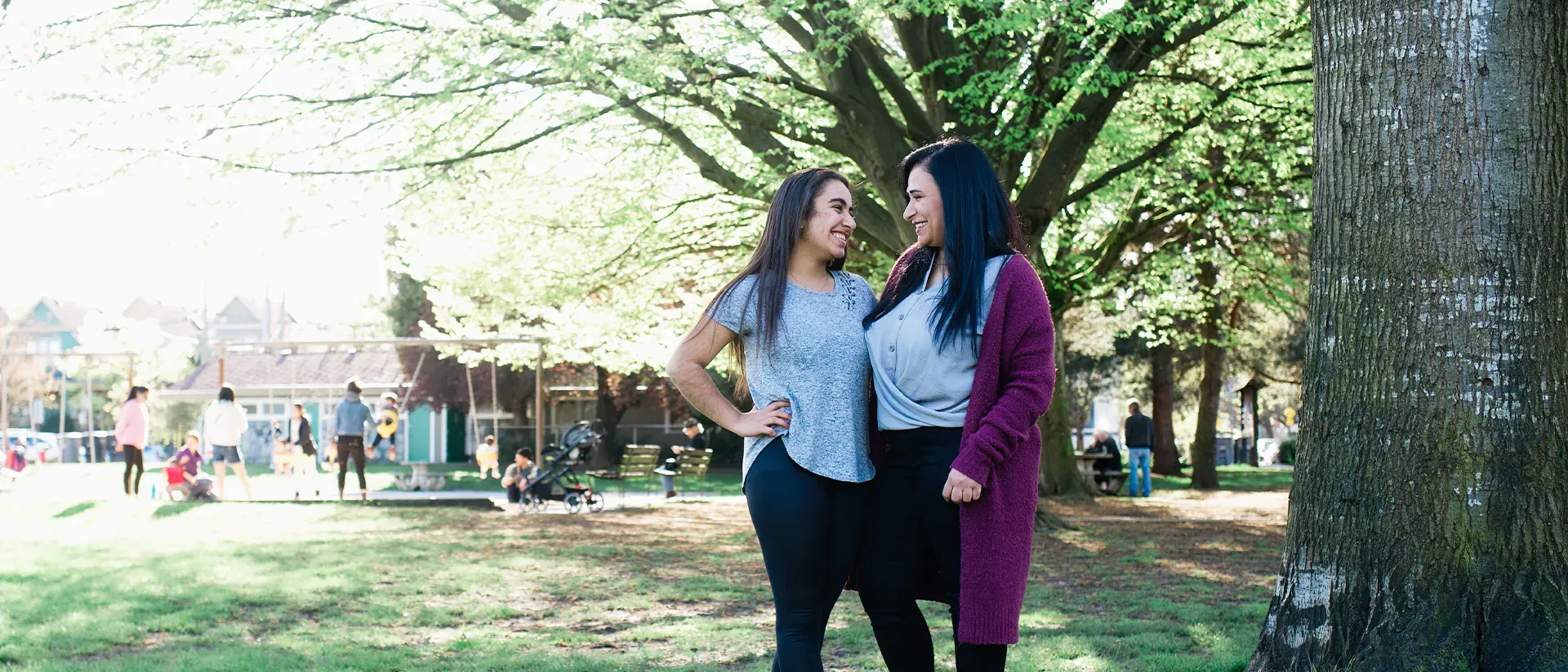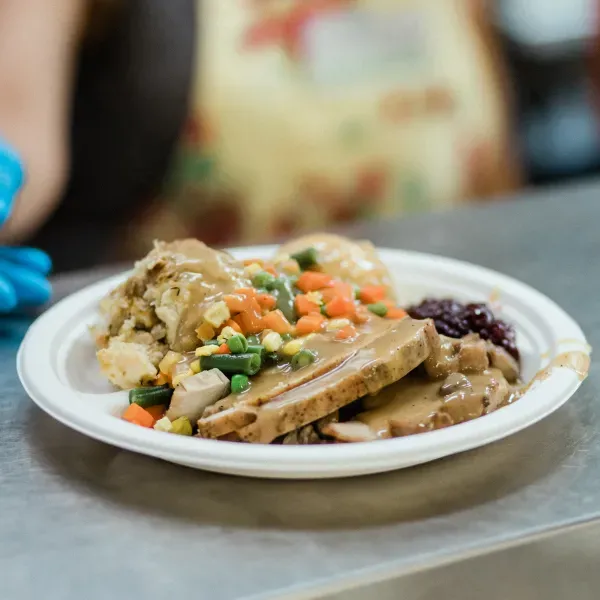The challenges of being a single parent saw Khitam separated from her community and working two full-time jobs in Beirut. Then civil war broke out in Syria. From ostracization in Lebanon to connection in Vancouver’s Downtown Eastside, Khitam and Angy have at last found home.
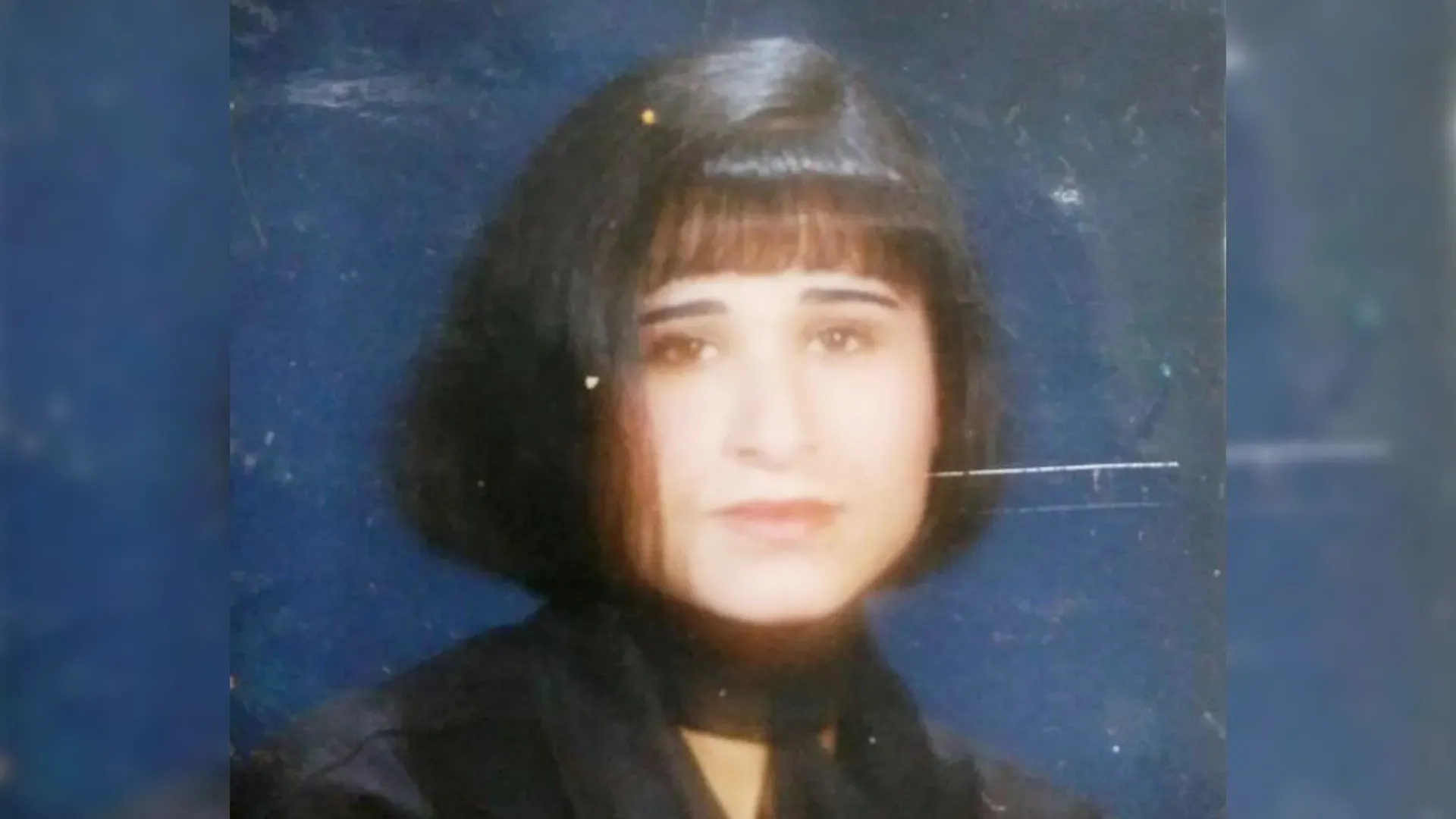
For Khitam, being a divorced woman in the Middle East meant isolation
I’m from Syria, but I moved to Beirut in 2008. After I got divorced in 2010, I suddenly found myself alone with my 13-month-old daughter, Angy. I couldn’t go back home, because Arabic security doesn’t allow mothers with children to cross the border without the child’s father’s permission. Fathers can take children across the border by themselves, but as a mother, I was not allowed.
My situation in Beirut was hard. Divorced women in Middle Eastern society are not respected — sometimes their rights are taken away. Friends start ignoring you, and other women will not welcome you. It was very isolating.
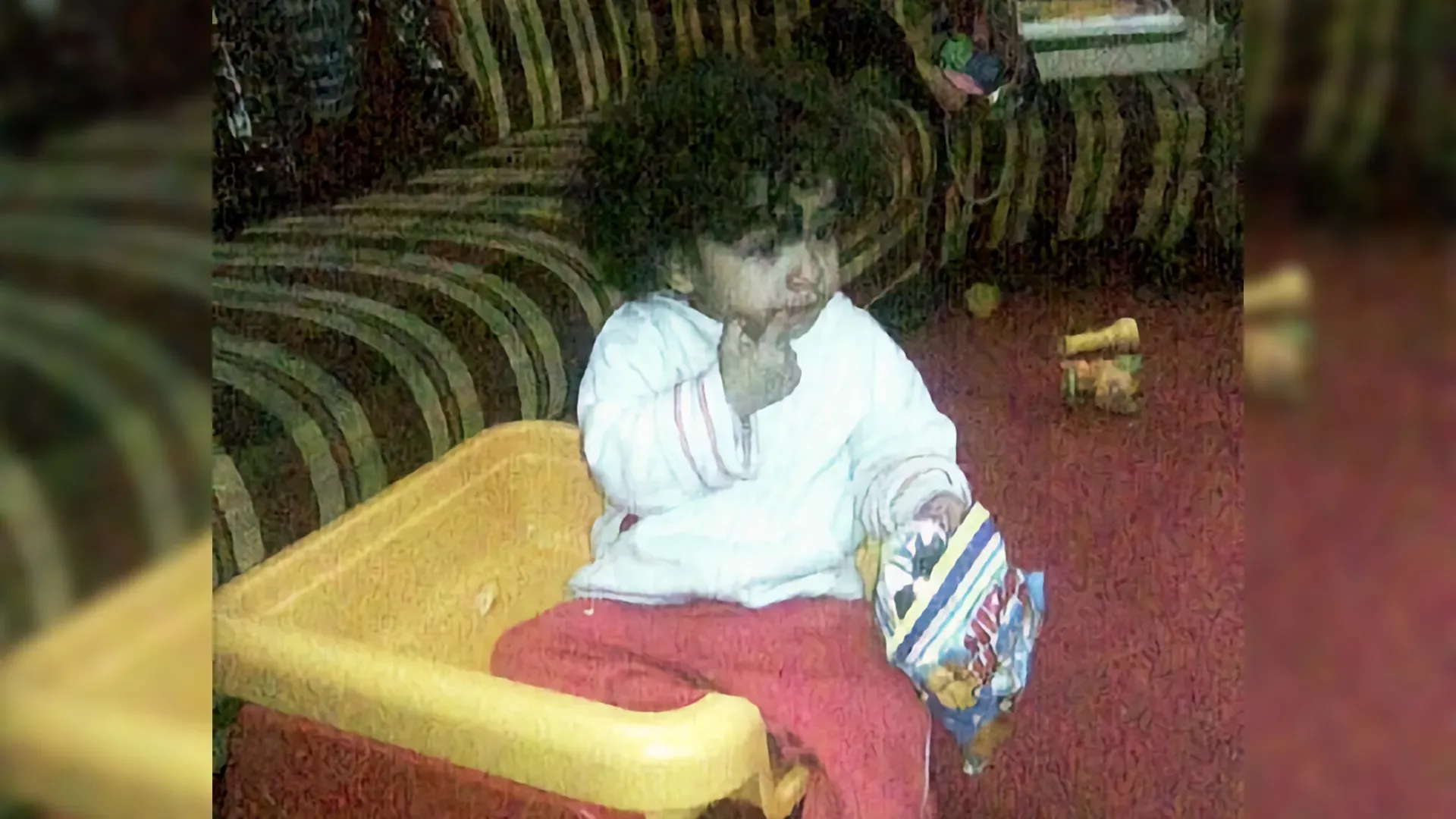
Working 12-hour days to make ends meet, Khitam relied on strangers for childcare
In Beirut, I worked two full-time jobs because there was no help from the government — I’d start work at 8:00 in the morning and finish at 8:00 in the evening. My family was in Syria, so I had to depend on others for assistance.
My daughter used to be very uncomfortable with people because she had to move from family to family, with each dealing with her differently. She experienced physical abuse from the children and psychological abuse from the parents, none of which I knew about until Angy started talking. The children said, “If you tell your mom, we will not play with you.” She was scared that if she spoke out, I would move her to another family.

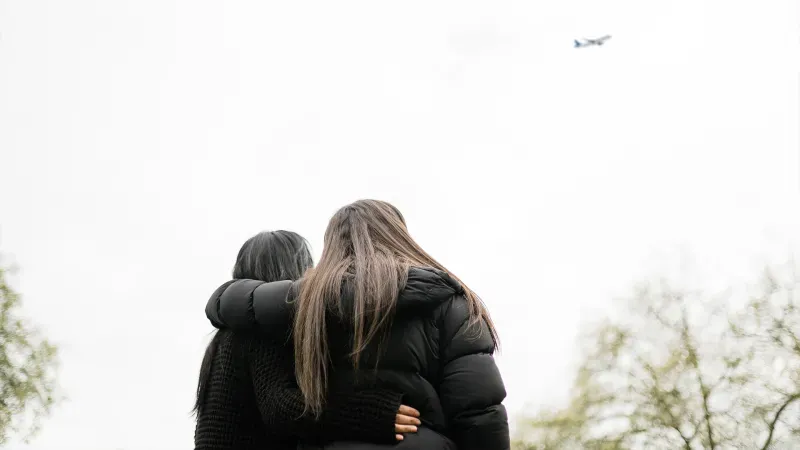
Arriving in a new country presented fresh challenges for Khitam and Angy
This continued until my sister contacted the United Nations in November of 2016. I couldn’t go back to Syria because of the war, and there was a possibility I might lose custody of my daughter, so they helped me make an emergency move — in a month! — to Canada at the beginning of 2017.
When I first arrived, I lived in a shared house, in a bedroom with my daughter. My sister had another room and we had two other roommates. I was then offered space in the Downtown Eastside with BC Housing. I was able to enroll Angy in school, but I still needed to find after-school care so that I could take English classes. I did my research, but all the programs were full.
It was a neighbour who first introduced me to Union Gospel Mission. She was a mother who lived in my building, and her children were part of Eastsiders. She gave me a lot of help — she really welcomed me. She said, “My daughter enjoys UGM’s programs. They would be a good fit for your daughter. They pick her up and take care of her until 5:00.” And I thought, “But would they accept me into the program?”
My neighbour went with me to ask at UGM’s Reception. After she explained my situation — because I couldn’t speak English — they said, yes, they would accept Angy. I felt incredible relief, because now we had support and my daughter was going to school.
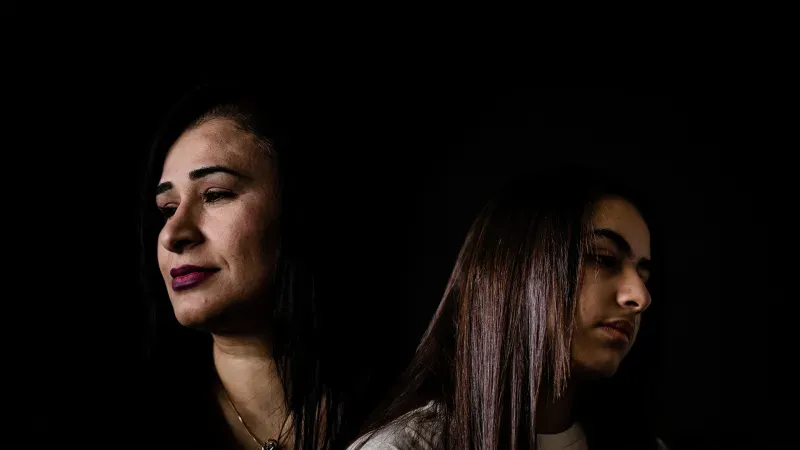
Safe programming and slower schedules gave Khitam and Angy the space they needed to connect as mother and daughter
Since I wasn’t working and spending all my time outside the house, I suddenly had more time with my daughter. And I realised she didn’t see me as a mom. When I used to say “I am your mom,” she’d look at me like, “What does mom mean?” She knew she was safe with me, but she didn’t view me as a mother.
When I first arrived, I didn’t know why she was acting weird, and I thought it was just my daughter. But I found out this is a problem for a lot of families. There were many people that Angy had called ‘mother’ over the course of her life, but some of them used to take from her. She struggled to trust me, and I needed the opportunity to understand her better.
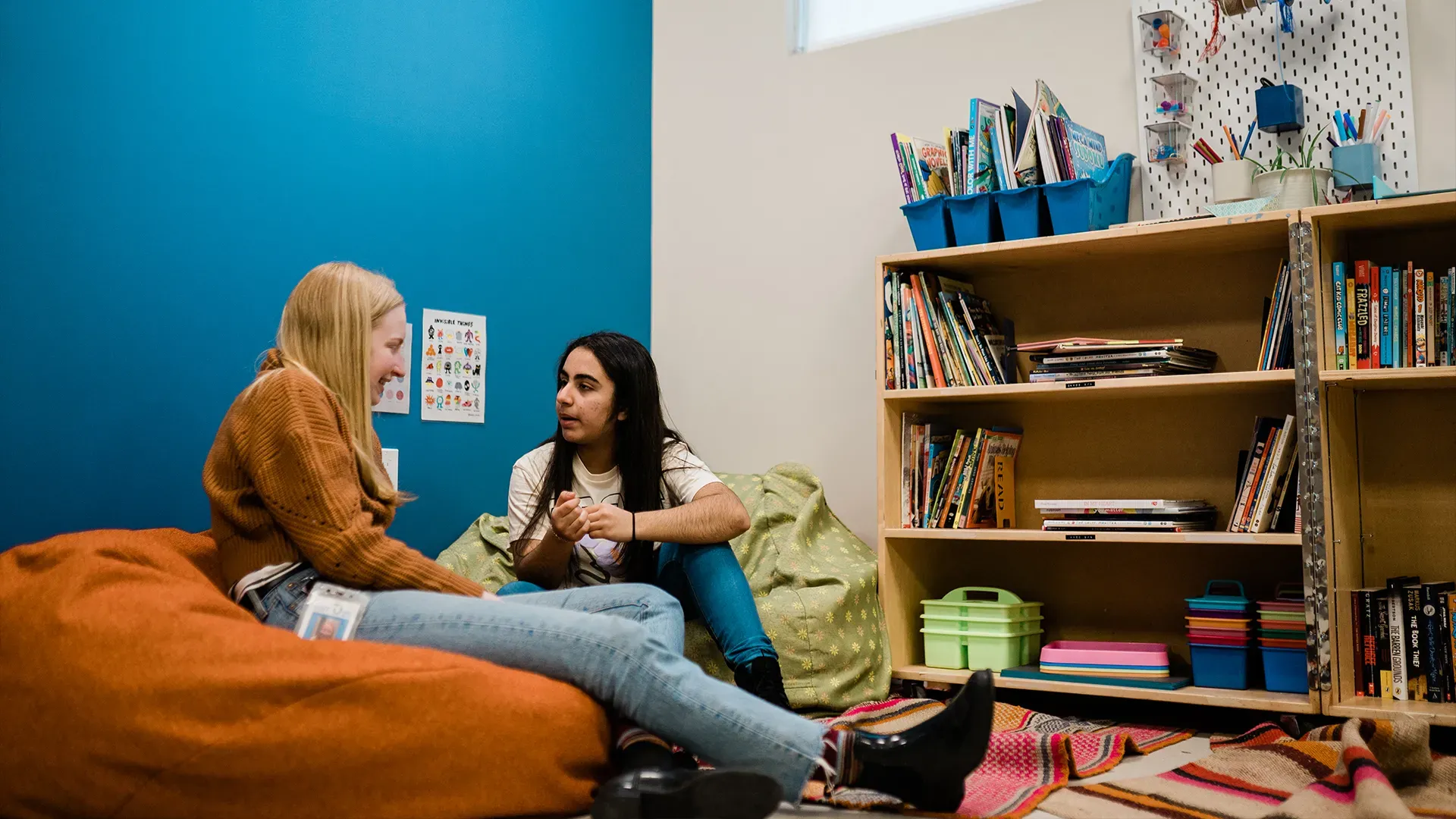
Caring UGM staff members lightened the load, and encouraged Khitam and Angy to grow closer together
It was UGM staff who helped me when I was having a hard time connecting with Angy. They talked to her, and listened while I explained our situation.
They really invested in Angy — they showed her how to be more organized, more understanding, and her relationship with me started to improve. They came alongside her as she learned to navigate her emotions. And they helped her study — her reading has improved, and she really enjoys the math activities and homework sessions. She’s now in high school, and I’m so proud of how she’s adapted and learned.
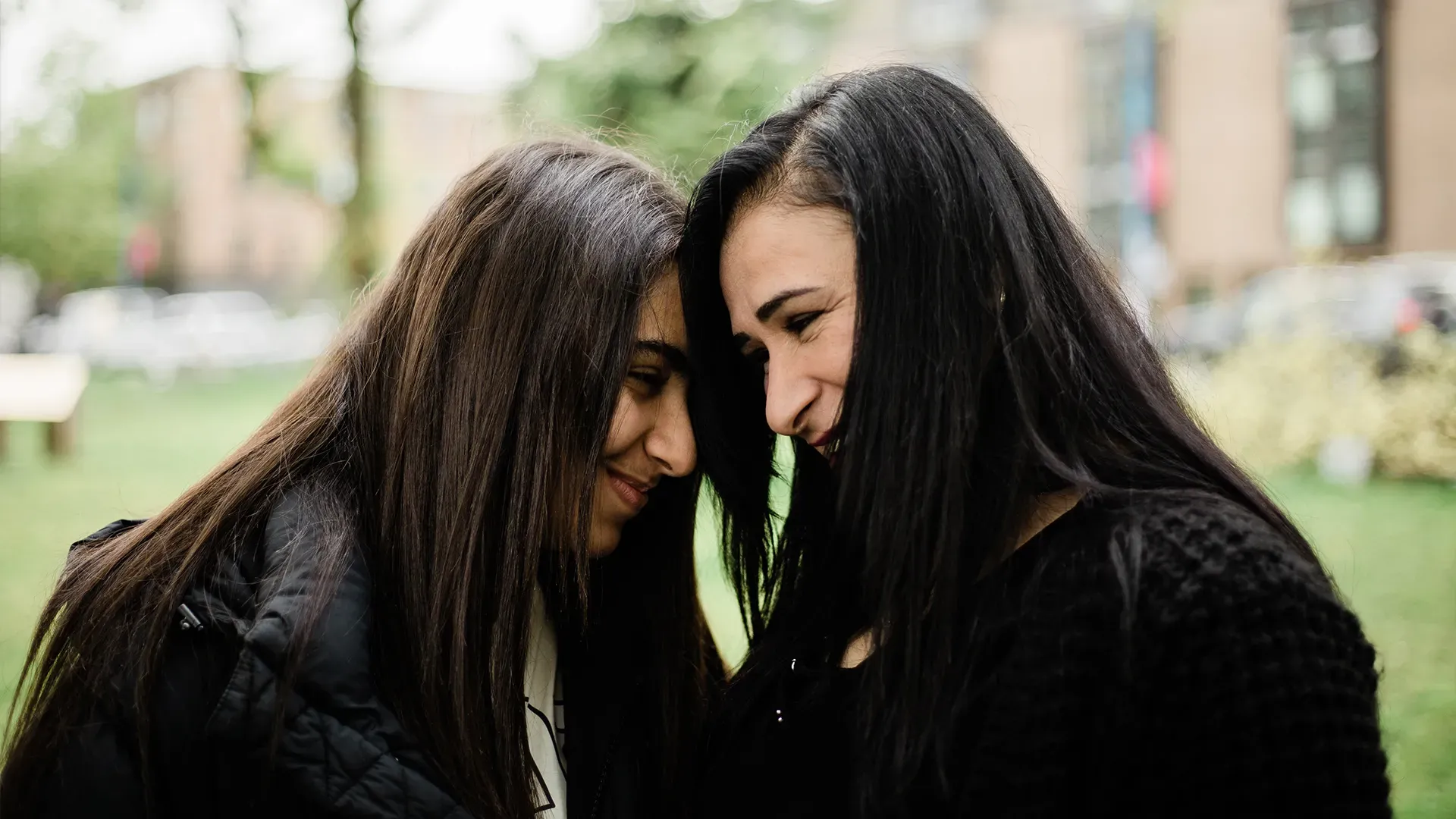

Angy has been able to spend time with the staff and get to know them. They make her laugh — they take care of children emotionally, psychologically, and physically. They all have the same behaviour, the same experience, all of them are directly engaged with the team. It's amazing how they work.
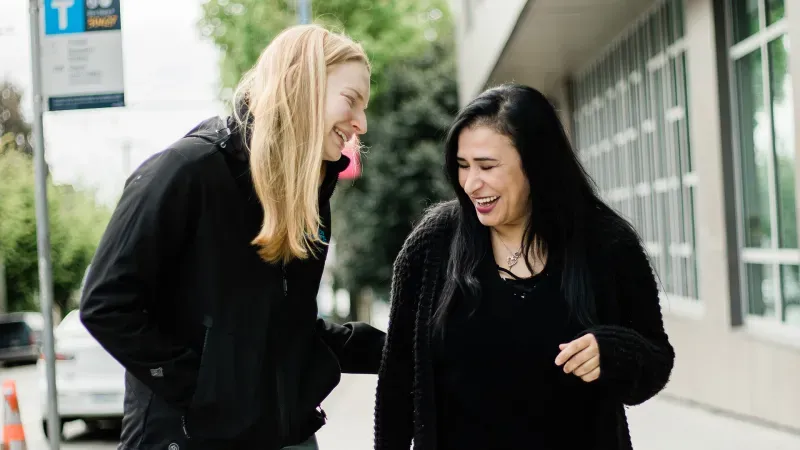
Friendship at UGM goes beyond meeting practical needs
When you are alone in a new country, it's not just financial support that you need. It’s emotional support. It’s frustrating, because sometimes you need a friend, but you can’t talk to anybody. Sometimes you just need someone to ask, “Hi, are you okay? Do you need anything? Do you want to go for a walk?”
The UGM staff are great at this. Sometimes I talk to them about my problems, and they are very flexible, very reassuring. When the pandemic started, they would ask me out for a coffee — they gave me their time. They truly wished the best for me, and they encouraged me to continue working on myself.
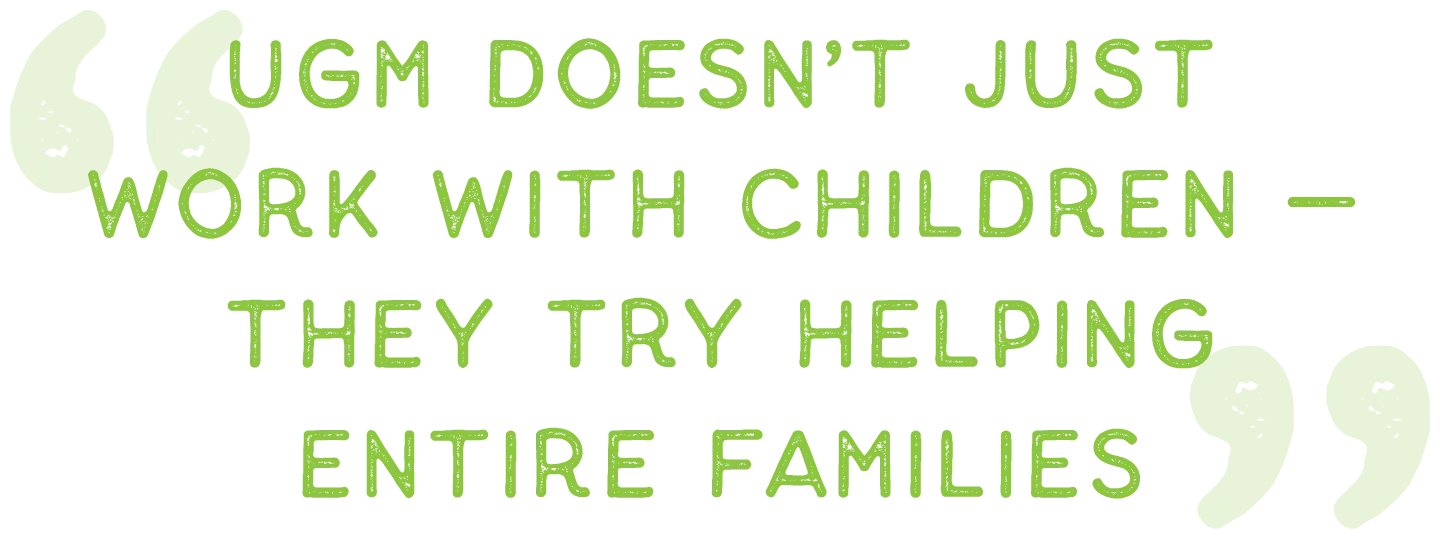
I find there is a lot more respect here in Canada for women and single moms. This change has meant a lot to me. I no longer feel alone.
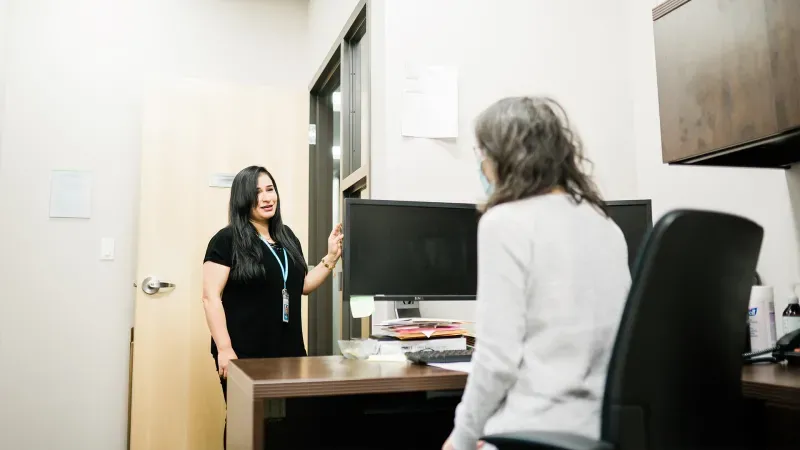
Thanks to the support she received, Khitam is now able to walk alongside other newcomers, building relationships and strengthening her community

As a result of the care I’ve received at UGM, I’ve been able to turn my attention to supporting other people. I volunteer with the Immigrant Services Society of BC, helping other newcomer families engage in Canadian culture and experience a sense of safety, home, and community.
While I have a degree in Psychology and Philosophy and 10 years of teaching experience, my credentials from home have not transferred to Canada. In order to build my Canadian resume, I did two programs with the Neighbourhood Family Grant to teach Arabic to Syrian children, because they sometimes forget their native language. The relationship between me and the children has been wonderful; families have told me, “This is the first time my son has improved his Arabic language.” I’m humbled that my teaching approach was successful, and parents were very happy with the results.
To feel established in a new country, I think you have to have a full-time job and you have to be independent. I’ve been grateful to be able to focus on my vocation, recently earning myself an Accounting & Payroll Diploma. I now work as an Accounting Clerical Assistant at UGM, along with my two other part-time jobs. I'm so happy and grateful to work at UGM — my Accounting team is so patient, and loving, and has taught me so much. It’s my dream to someday become a Child Psychologist, but for now, I love my work, and I am focused on my daughter’s future.
If there had been a place like UGM in Beirut when we were struggling, our lives would’ve been so different. But I’m grateful for where we are today, and UGM is helping bring change to so many women and families.
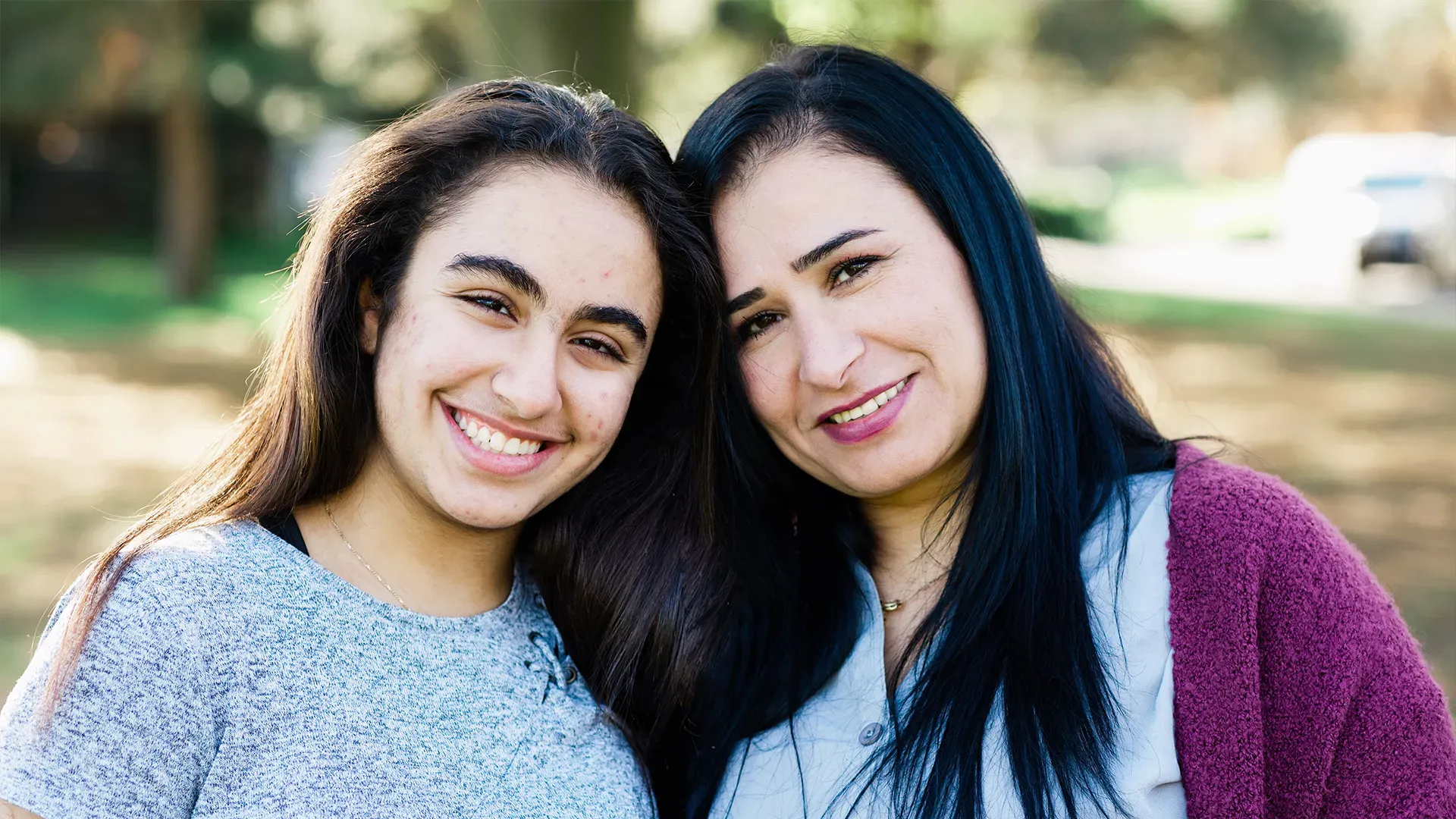
Thank you for loving families like Khitam and Angy’s! By supporting UGM, you’re bringing people into community and connecting newcomers with transformational friendships.
President's Message
“Know that wisdom is [honey] to your soul; if you find it, there will be a future, and your hope will not be cut off.” – Proverbs 24:14
At Union Gospel Mission, all that we do is guided by the abounding wisdom and hope that comes from our faith in God. Through every chapter of UGM’s story, God’s faithfulness has proven to be steady, spurring us toward loving our neighbours well.
In one example of God’s steadfast provision, women, children, and youth are now daily walking through the doors of UGM’s new Women & Families Centre. As you read in this issue of Gratitude, this is where single parents like Khitam are experiencing friendship, and kids like Angy are discovering their God-given potential. The trajectories of entire families are being transformed, thanks to the kind compassion of donors like you!
Another chapter UGM is embarking upon is the welcoming of a new President! After 14 wonderful, life-giving years as President, I’m retiring in June. It’s been a true honour to help establish a continuum of care for all in Vancouver’s Downtown Eastside, and I’ve been deeply inspired by every community member and donor I’ve met along the way.
Friends, I personally want to extend a heartfelt thanks for how you’ve continued to partner with UGM in feeding hope, and changing lives. With the Lord being the one who is writing UGM’s story, there is so much to celebrate, look forward to, and be grateful for! Near or far, together, we are transforming communities — one life at a time.
With humble gratitude,

Help send a kid to camp!
Now more than ever, kids deserve to have a life-changing summer where they can meet new friends, learn new skills, and experience the beauty of nature. It costs $450 to send a kid to camp for a week.

